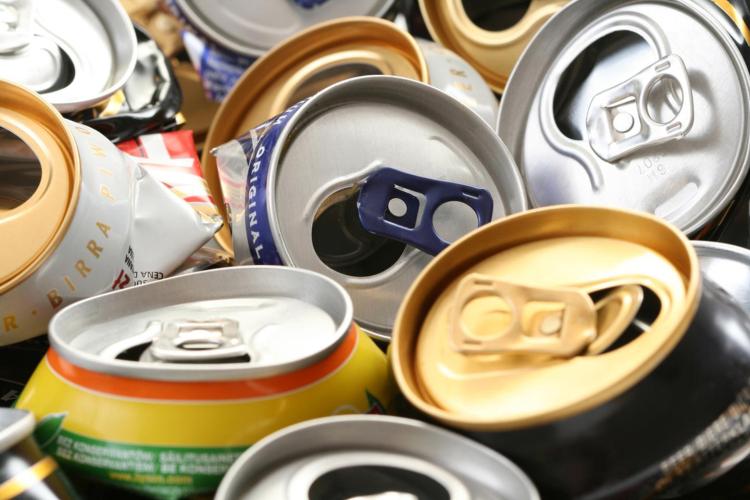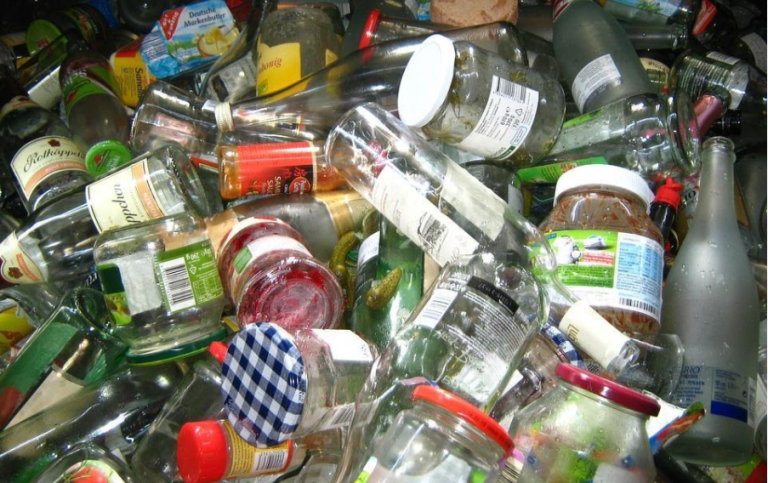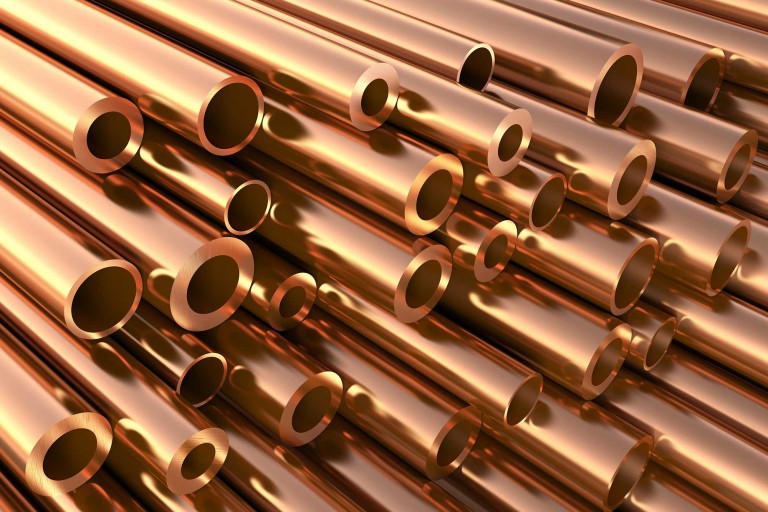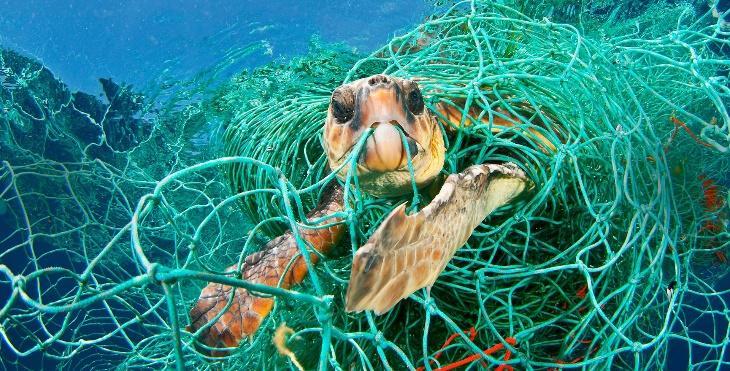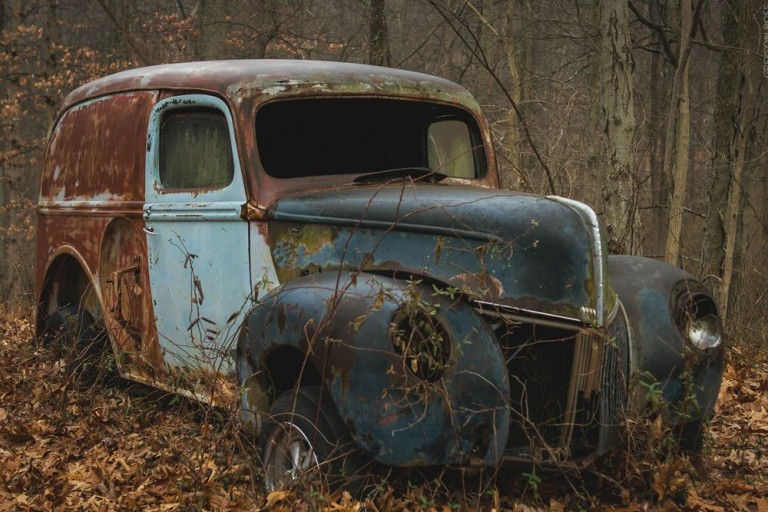Recycling of methane and propane butane cylinders
Do you know how and where to dispose of an empty gas cylinder?
There is almost no household without gas cylinders. When it is no longer possible to use them, there is always the problem of what to do with them.
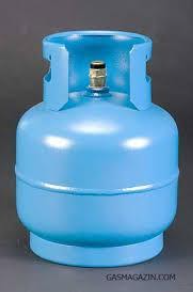
Regardless of the shape and size of the bottle, they are made of painted steel and plastic valves. Experts explain that in terms of their recycling, methane and propane butane cylinders can be referred to as alloys.
Perhaps the most important thing in this case is that they can not just be disposed of in garbage containers, but only in designated areas and even better to be transported to or by specialized companies.
Before we dispose of an unnecessary bottle, it is important to make sure that it will be safe even in the trash. In other words, we need to follow some basic recommendations that guarantee that the bottle will be recyclable. .
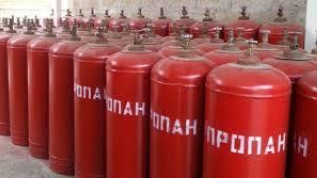
The first rule is to empty it completely. The valve can be opened to evaporate any remaining gas inside. Of course, this must happen with complete protection against ignition.
If you want the bottle to be recycled, it will not be enough to dispose of it in a specialized metal container. It is best to look for a company for transportation and storage of waste So it is certain that all safety rules will be met, the bottle will be used for recycling to save resources and there is a cleaner environment Wednesday.
For your old appliances, trust companies with many years of experience in collecting and treating unnecessary equipment. Nord Holding AD is the right company that complies with all recycling requirements and guarantees nature protection from pollution.
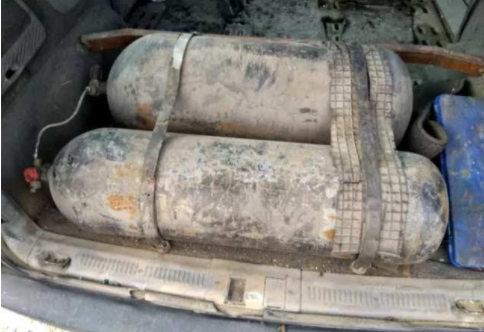
Waste recycling – a way to protect nature
Waste recycling is one of the biggest challenges facing modern man to protect himself and nature. In recent decades, technologies have been developed to solve the problem. They are important in environmental and financial terms.
Recycling leads to saving of raw materials and reduction of the percentage of human waste, which in turn helps to prevent environmental pollution.
The process itself, related to the disposal or processing of unnecessary products, items, equipment or machinery, is subject to certain rules, which are subject to legislation. For example, old electrical appliances from our home cannot simply be thrown away.
There are authorized companies that collect, store and prepare them for processing in compliance with the regulations. The main goal is on the one hand to reduce the amount of waste of industrial and household origin, and on the other – if possible to invest them in new production.
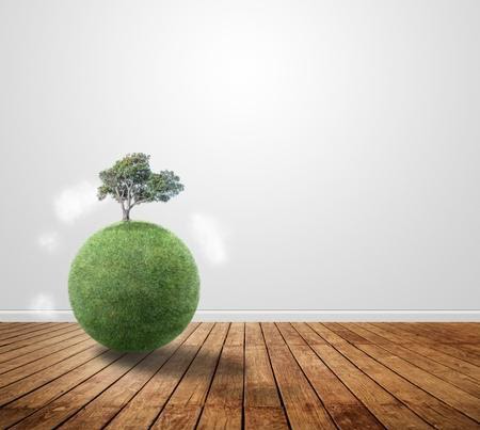
But the environmentally responsible approach is to first store the waste on authorized sites, from where it is then handed over to plants for further processing. The process of waste recovery itself also needs to be subject to the avoidance of all dangers to human health and not to lead to environmental pollution. For this purpose, there are special measures to be observed by those involved in the process.
The companies that carry out such activity are obliged to strictly follow the prescribed norms, which provide for the storage of waste to take place in specialized containers, to be stored in open spaces or closed premises that do not pose a risk to people and nature.
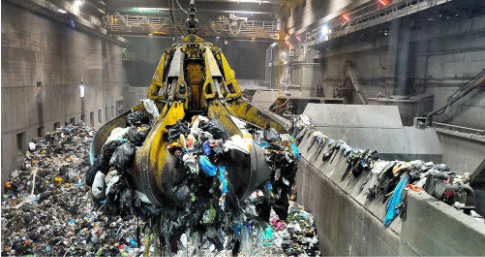
The companies operating in the branch have the appropriate equipment to process the collected quantities and then to transport them for further transformation.
After the processing of certain wastes, raw materials are obtained, which are used in new production. Their utilization in this way also protects the environment. This reduces the use of new quantities of natural resources.
It turns out that new technologies offer successful recycling solutions, which on the one hand lead to the preservation of the planet’s valuable reserves, and on the other – have a role in reducing carbon dioxide emissions, as they increasingly exceed the amounts that ecosystems can to be able to take.
Calculations show that recycling reduces harmful CO2 emissions by nearly 200 million tonnes a year. The recycling of any type of waste that can be re-used in production saves resources and a significant amount of energy. Proper utilization of steel waste, for example, saves up to 74 percent.
Experts estimate that one ton of recycled steel saves exactly a ton and a half of iron ore, half a ton of coal, 49 percent of the water needed to produce new steel. Considering the benefits, it can also be calculated that the processing of one ton of paper waste helps not to cut down 17 new trees, which is 800 kg of pulp. 1000 kilograms of plastic waste will save more than two tons of oil.
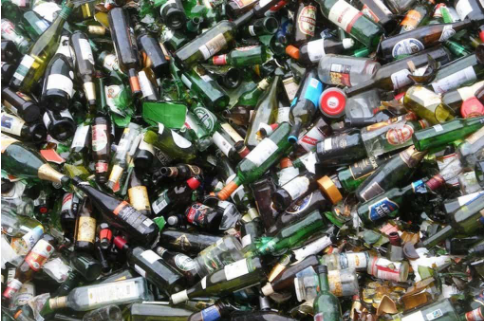
One ton of glass waste will be stored:
- 200 kg of fuel oil
- 720 kg of quartz sand
- 300 kg of soda ash
- 180 kg of calcium oxide.
And speaking of benefits, it might be a good idea to calculate that recycling just one plastic bottle can save enough energy to power your computer for at least half an hour. It is obvious that in addition to resources, the economic effects of this process are extremely large.
Recycling in stages
When the waste has already been stored, it is prepared in a form suitable for recycling by the final processor. From here on, the actual activities for their processing begin . Ie at the entrance of the recycling plant there is a product that at the exit will become a raw material that will be ready for the production of new goods.
This is one of the main options in the process. The other is to produce end products directly from the waste. This results in a closed production cycle. It goes from the product, through the purchase of waste and its subsequent recycling to a new product.
When we talk about recycling, one of the big sources of waste is every household. In addition to household waste, each of us has in his house a lot of things and equipment that at some point we no longer need or have become unusable.
The recycling of obsolete equipment is an important process in terms of the value that valuable raw materials can be extracted and used to produce new ones. And of course, the other big benefit is that, above all, nature is protected from pollution.

